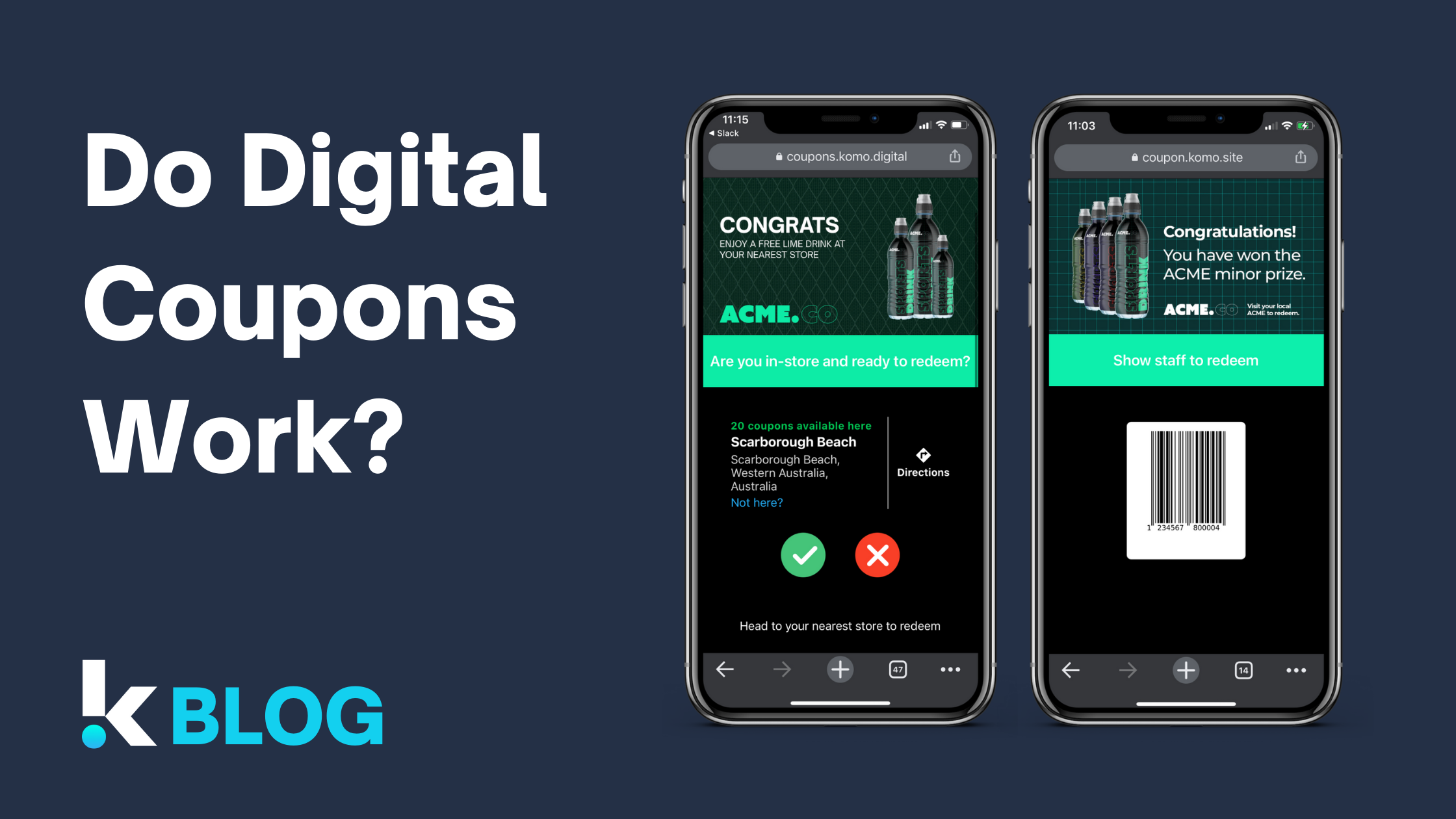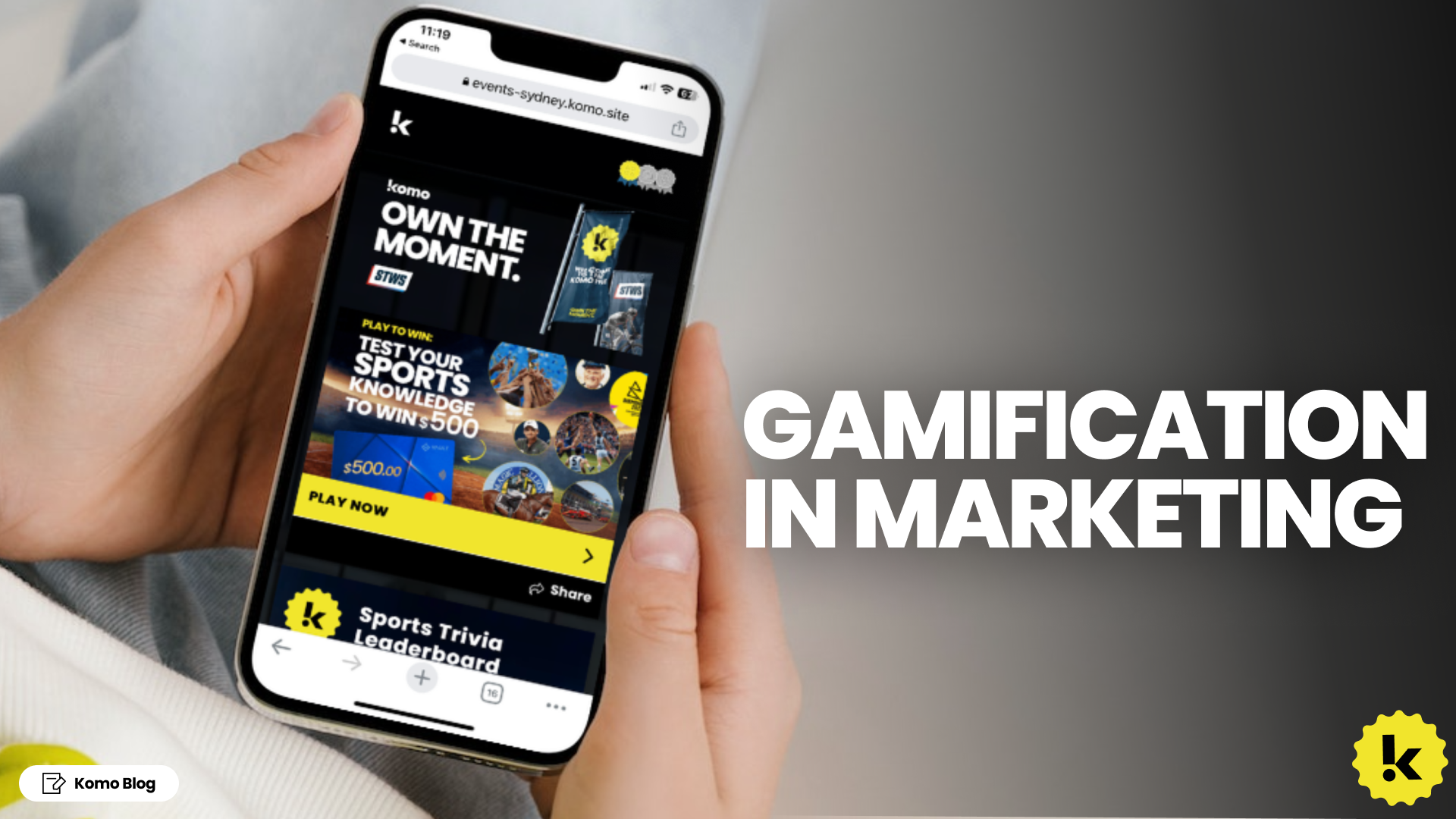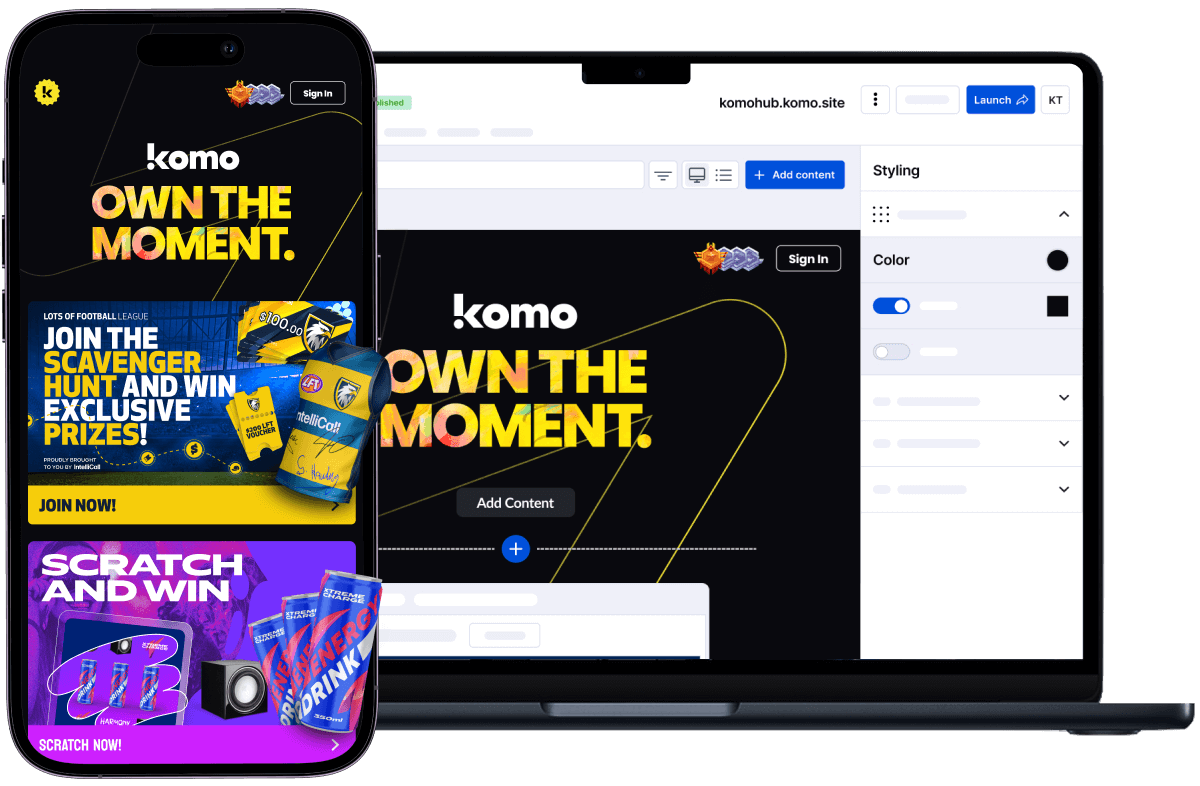In today's competitive and noisy market, businesses are constantly searching for ways to create a loyal customer base. A recent McKinsey survey shows that paid loyalty programs can be a powerful tool to achieve this. According to the survey, members of paid loyalty programs are 60% more likely to spend more on the brand after subscribing, compared to only 30% for free loyalty programs.
Why do paid loyalty programs work? And do they work for every brand?
First and foremost, paid loyalty programs tap into the basic human desire to feel special and valued. When customers pay for a loyalty program, they feel like they're part of an exclusive club, with access to rewards and perks that are not available to the general public. This creates a sense of prestige and status that can be incredibly motivating for customers.
Paid programs also create a sense of commitment and investment in the brand. When customers pay for a loyalty program, they feel like they have a stake in the success of the brand. This can lead to increased loyalty and a stronger emotional connection to the brand, which in turn can lead to higher spending and a lower likelihood of switching to a competitor.
Another key factor is the "sunk cost fallacy." Essentially, this means that customers are more likely to continue using a product or service if they've already invested time or money into it. With paid loyalty programs, customers have already invested money into the program, which makes them more likely to continue using it in the future.
Let's dig into two of the most popular (and our favourite) paid loyalty programs.
Sephora Beauty Insider
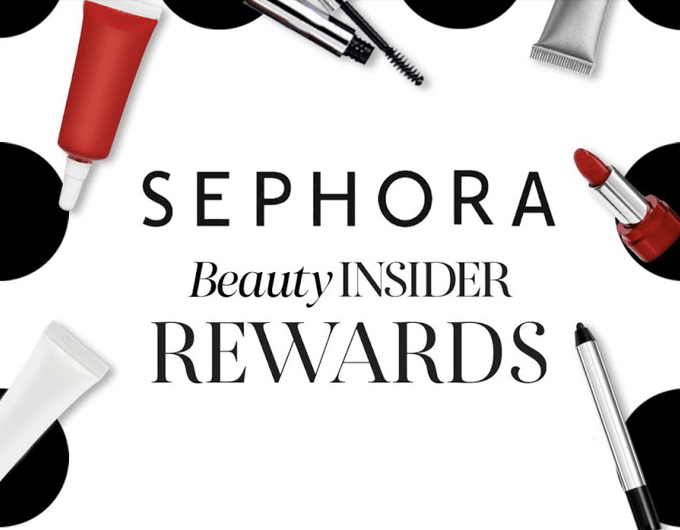
Sephora's loyalty program rewards customers with points that can be redeemed for free products, exclusive events, and personalised recommendations. For an annual fee of $15, customers can join Sephora's VIB program, which offers even more rewards and benefits.
Sephora's Beauty Insider program has been highly successful because it taps into the psychology of exclusivity and personalised experiences. By offering rewards based on customer spending, Sephora creates a sense of investment in the brand and a desire to continue spending to reach higher reward tiers. The VIB program offers even more exclusive perks and experiences, which creates a sense of community and belonging for those who join. Additionally, Sephora's personalised recommendations and access to exclusive events make customers feel like they're part of something special. Other brands can learn from Sephora by offering personalised experiences and exclusive rewards based on customer spending, as well as creating a sense of community and belonging for loyalty program members.
Panera Bread
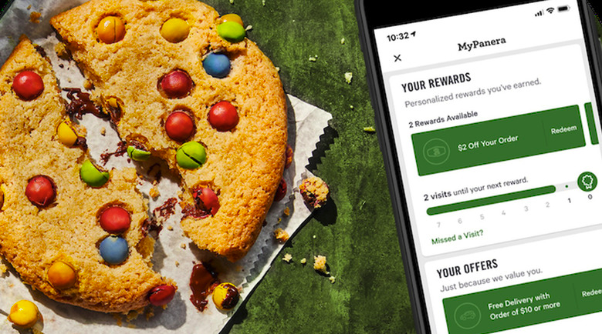
Panera's MyPanera loyalty program offers customers exclusive rewards, such as free bakery items and personalised offers. For a one-time fee of $8.99, customers can join the MyPanera+ Coffee subscription, which provides unlimited coffee for a month. This creates a sense of exclusivity and commitment to the brand, which can lead to higher spending and increased loyalty.
Panera's MyPanera loyalty program is popular because it offers unique rewards and personalised experiences. By offering free bakery items and personalised offers based on customer preferences, Panera creates a sense of investment in the brand and a desire to continue spending to earn more rewards. The MyPanera+ Coffee subscription provides unlimited coffee for a monthly fee, which creates a sense of exclusivity and commitment to the brand. Other brands can learn from Panera by offering unique and personalised rewards that create a sense of investment and exclusivity for loyalty program members.
Of course, not all businesses need a paid loyalty program. But for those that operate in a highly competitive or undifferentiated market, a paid program can be a powerful differentiator. By offering high-value rewards and exclusive perks, businesses can create a sense of exclusivity and commitment that is difficult to replicate with a free program.
So, if you're considering a paid loyalty program for your business, keep in mind the underlying psychological factors that make these programs so effective. By tapping into the desire to feel special, creating a sense of commitment and investment, and leveraging the sunk cost fallacy, you can create a loyal customer base that will stick with your brand for the long haul.
Komo Technologies is a self-service platform that's built for marketers. No matter what stage of the journey your customers are in, there are endless solutions to nurture them along the way! You can read more about Komo here, or book a personalised demo by clicking the button below.


